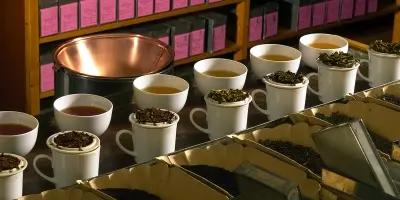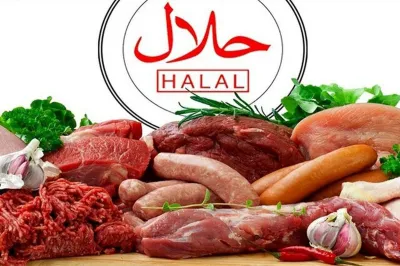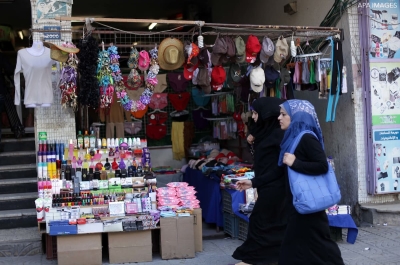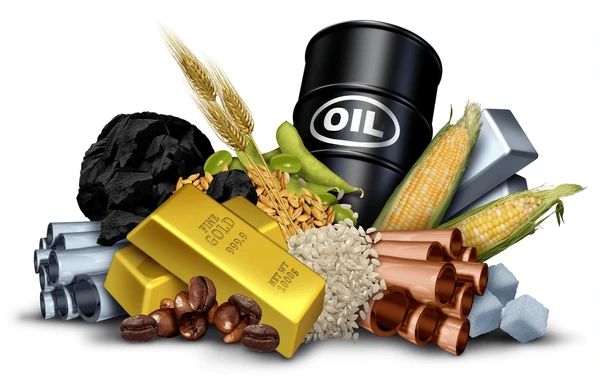


Directory of Tea and coffee suppliers in Palestine
 ثائر إكباريه1 months ago
ثائر إكباريه1 months ago أحجار كريمه ونيازك وتحف قديمهMeteorite
أحجار كريمه ونيازك وتحف قديمهMeteorite Khalid2 months ago
Khalid2 months ago احجار طبيعيةBauxite, Galena, Chalcopyrite, Cassitrite, Hematite, Chromite, Coal, Sphalerite
احجار طبيعيةBauxite, Galena, Chalcopyrite, Cassitrite, Hematite, Chromite, Coal, Sphalerite مادلين5 months ago
مادلين5 months ago لوحة فنيةPainting
لوحة فنيةPainting احمد6 months ago
احمد6 months ago احجار كريمةMeteorite
احجار كريمةMeteorite نيزك اسود7 months ago
نيزك اسود7 months ago نيزكDiamond
نيزكDiamond ادم فؤاد7 months ago
ادم فؤاد7 months ago نيازكMeteorite
نيازكMeteorite عدي غزال8 months ago
عدي غزال8 months ago حجر بناء احمرGranite, Sandstone, Glass
حجر بناء احمرGranite, Sandstone, Glass





